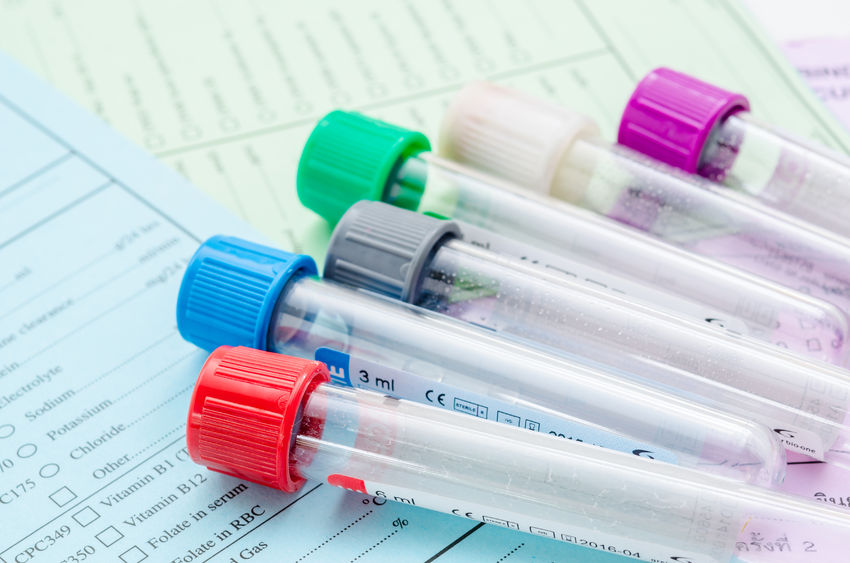
Prostatic Acid Phosphatase
Also known as Prostatic Acid Phosphatase Automated BloodWhat is this test?
High concentrations of acid phosphatase are found in the prostate gland. Significant amounts are also found in platelets, bone, spleen, kidney and liver. Prostatic Acid Phosphatase (PAP) is a component of total acid phosphates and is a major constituent in seminal fluid and is also secreted in the urine. PAP is normally found in serum in very low levels. PAP measurement has found clinical application in the management of prostatic cancer patients. Serum PAP measurements have been useful in monitoring remission or relapse of a prostatic malignancy and in assessing the effectiveness of various treatment regimes. Thus, normalization in serum PAP levels has been observed following successful therapeutic intervention, while recurrent or residual disease has been associated with elevated levels of PAP.
Also known as Acid Phosphatase Prostatic Fraction Automated Blood, Acid Phosphatase Prostatic Fraction.
Test Preparation
No special preparation is needed for Prostatic Acid Phosphatase. Inform your doctor if you are on any medications or have any underlying medical conditions or allergies before undergoing Prostatic Acid Phosphatase. Your doctor depending on your condition will give specific instructions.
Understanding your test results
| Gender | Age groups | Value |
| MALE | All age groups | < 2 ng/ml |

